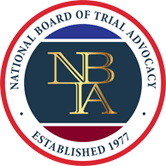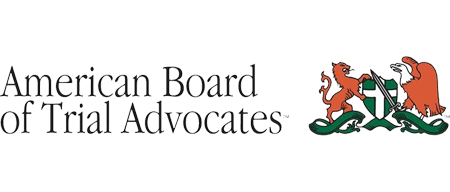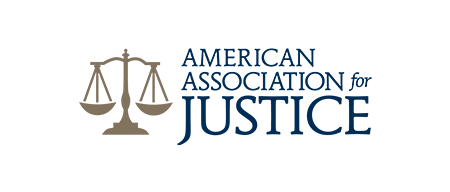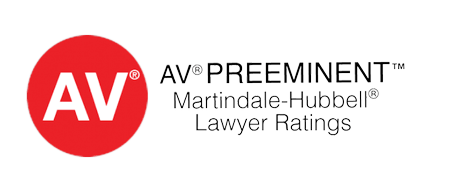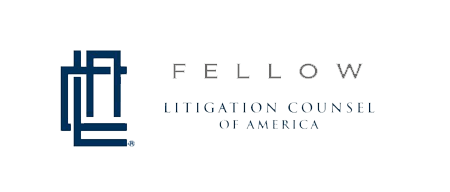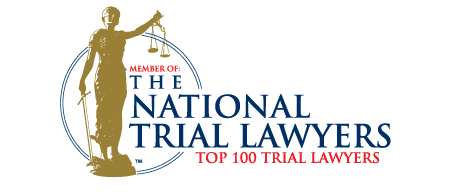The purpose of this article is to discuss jury selection techniques, strategies, and principles.
It is critically important that the attorney is aware of the beliefs, opinions, experiences, and attitudes of the jurors. In jury selection, counsel will usually ask questions of the jury panel. This is called voir dire. During voir dire, it is also common for the trial judge to ask the jurors questions or get clarification on a response from a potential juror.
For any jury panel, the potential juror will have to fill out a form with questions that is issued by the Court. In some instances, there will be an additional questionnaire prepared by the attorneys and approved by the Court. The questions in the forms are usually related to the current case. For example, if the case is against a pharmaceutical company, the attorneys want to know how the potential juror feels about drug companies:
- Do you think they are honest?
- Are you biased?
The attorneys are seeking to know more about the juror, his/her background, personality, and feelings. They may go so far as to ask about financial status.
Demographics are always important in selecting a jury. What is the general age, income, political preference, etc., of the jury pool from which you will be using in that venue? Selecting a jury in a small town is particularly difficult. For example, if a juror says they will not follow the law as instructed by the judge they will be removed. Many jurors try to get out of serving by claiming health issues, babysitting conflicts, interference with work obligations but judges generally do not consider those factors.
Although some questions are personal in nature, they are trying to learn the nature of the potential juror’s attitudes and opinions. Attorneys are not allowed to argue their case in voir dire. But they will ask such questions as:
- Do you belong to a political party?
- What shows do you watch on television?
- What news programs are your favorites?
- What is your favorite book, movie, Broadway show?
- Do you know anyone on the jury? How well do you know them?
The issue of insurance cannot be discussed in voir dire.
What are potential juror’s cognitive and emotional predispositions?
The basis for challenges can be very interesting. A person can be removed as a potential juror because of religious believes or prejudice against an ethnic group. They can be removed because of beliefs about the justice system, or if they know any of the parties, attorneys, or witnesses. Also, a potential juror may be removed because they show support to one side or the other.
The attorneys meet with the judge outside the presence of the jury panel. At this time, the attorneys seek to strike or eliminate potential jurors for cause. Cause usually is because the juror appears to be biased against one side or the other. The judge decides if that individual can be impartial. If not, the judge will remove that potential juror. The attorneys are then given an opportunity to remove certain individuals they were wanting to remove for cause. These strikes or eliminations of potential jurors are called preemptory challenges.
There is a school of thought that there are two types of jurors – Affective vs. Cognitive. The cognitive juror bases decisions on reason while the affective juror bases decisions on emotions.
A plaintiff’s attorney or a criminal defense attorney will surely look for effective jurors as potential jurors. While corporate defendants and civil defense attorneys prefer cognitive jurors.
Authoritative jurors like authority. These jurors will stand up quickly when the judge comes into the room. They will shake their heads affirmatively when he speaks to them. These jurors are preferred by corporate defense and civil defense attorneys. Anti-authoritative jurors will be less respectful to the judge. They will get up slowly when the judge enters the courtroom and not shake their heads in agreement with the judge. The plaintiff and criminal defense attorneys prefer this type of juror. The jurors who are authoritative tend to be not good jurors for plaintiffs or criminal defense attorneys. They tend to be data processors, computer engineers, architects, etc. While the most important juror is a powerful juror who can very well be the jury foreperson. This juror shows having self-confidence and compassion.
Leaders fail to acknowledge weaknesses.
Leaders’ usefulness is that they will corral the followers. Followers tend to be people-pleasers, striving for acceptance or approval. Plaintiffs prefer followers, people who will compromise. Where defendants prefer leaders, people who will not lose their integrity.
Jurors generally form impressions during the trial and jury selection. It is important that the initial representations are truthful for each side of the case. You need to have your presentation correct the first time for the jury that you’re tied to. It’s very difficult to change jurors’ initial views and opinions and it is a well-known fact that most juries arrive at their decisions by deductive reasoning.
The effect of different evidence will be important with each juror. The evidence will not affect the jurors all the same way. That is why it is important that each side submit or make evidence as often as possible.
Jurors will have very divergent views each day. Case theories are important in giving jurors a frame of reference. It also gives the jurors a mantra to use back during jury deliberations. Focus groups and mock jury trials are invaluable for jury selection. These two methods can be valuable in selecting a jury.
CONCLUSION
There is no such thing as a perfect juror. Jury verdicts are affected by the jury selection and whether the jury relates to the client. The client is the most important factor in selecting the jury. It is imperative that the jury understand and likes your client.
 Knowledge Experience Compassion Service
Knowledge Experience Compassion Service 